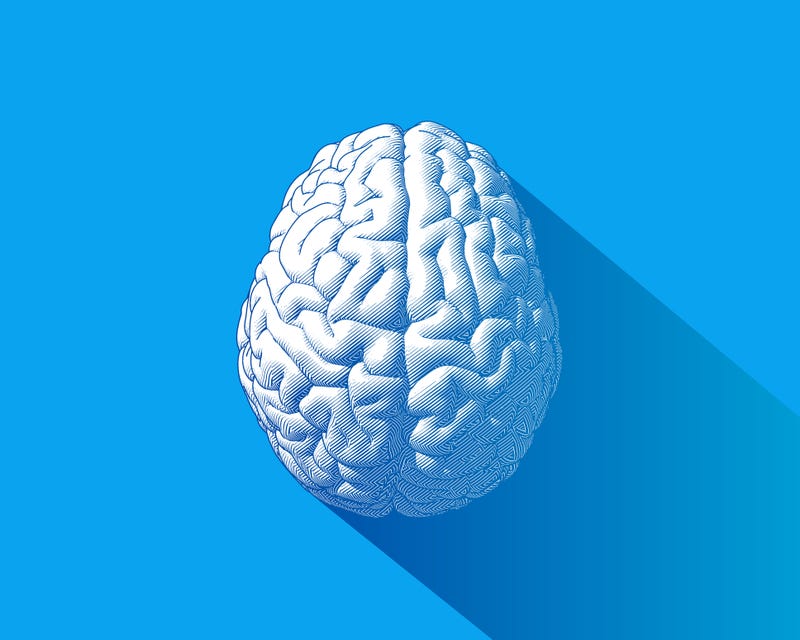
Overlap between complications related to Down syndrome and the mechanism that causes Alzheimer’s disease have put people with Down Syndrome at the front lines of Alzheimer’s research.
This research includes recent publications from the University of Colorado Linda Crnic Institute for Down Syndrome and the Alzheimer’s Biomarkers Consortium-Down Syndrome study, which began in 2020 and is expected to wrap up in 2025.
“It is very hard to see,” said Frank Stephens – a Down syndrome advocate and spokesperson – of his mother’s struggle with Alzheimer’s. Through his work with the Global Down Syndrome Foundation, Stephens raises money for research into the condition. He also takes part in research studies through the group’s Human Trisome Project in partnership with the Crnic Institute according to NPR.
Individuals with Down syndrome have an extra copy of chromosome 21, also referred to as “trisomy,” which changes how they develop, according to the U.S. Centers for Disease Control and Prevention. Down syndrome can impact physical features and cognitive functions.
According to the National Institute on Aging, chromosome 21 carries a gene that produces a specific protein called amyloid precursor protein (APP). Excess APP can lead to a “buildup of protein clumps called beta-amyloid plaques in the brain,” said the institute. These beta-amyloid plaques are linked with Alzheimer’s disease.
By the time they are 40, most people with Down syndrome have these plaques, as well as protein deposits called tau tangles that are also linked to Alzheimer’s. NPR said this actually makes those with Down syndrome “highly sought after for Alzheimer's research studies.”
“People with Down Syndrome give us a unique opportunity to understand what modulates the severity and the progress of Alzheimer's disease,” said Joaquin Espinosa, executive director of the Linda Crnic Institute for Down Syndrome, according to the outlet.
Over the past four decades, life expectancy for people with Down syndrome has increased, said the CDC. From 1983 to 2020, it went up 35 years to 60.
“Estimates suggest that 50% or more of people with Down syndrome will develop dementia due to Alzheimer’s disease as they age,” said the National Institute on Aging. Espinosa said that people with Down syndrome also have a hyperactive immune system, which can lead to chronic inflammation, a common characteristic of Alzheimer’s.
“We are running clinical trials for immune modulating agents in Down syndrome,” Espinosa said. “There is an active trial right now to tone down that response with a class of drugs known as JAK inhibitors,” which are used to reduce inflammation in people with rheumatoid arthritis and other autoimmune diseases.
Recent research from the Crnic Institute includes a study showing evidence of improving Alzheimer’s disease cognition published June 29 and a study about Down syndrome, Alzheimer’s disease and aging published in May.
In March, Crinic researcher Dr. Huntington Potter’s team showed that Leukine, a drug that increases certain immune cells that eat amyloid helped improve cognition in mice with Down syndrome. This research led to a $4.6 million grant from the National Institute on Aging, and the Crnic Institute is now looking for young adults with Down syndrome to participate in a new study of the drug.
Currently, the large Alzheimer’s Biomarkers Consortium-Down Syndrome research initiative to track Alzheimer’s disease in people with Down syndrome is also being conducted across multiple states, according to the U.S. Department of Health and Human Services.
“Information gained from this initiative may help people with Alzheimer’s and Down syndrome, as well as people with only Alzheimer’s disease,” said the department.
Frank Stephens said he hopes research into the subject will eventually lead to a drug that could help his mother.
“That would be amazing,” he said.


